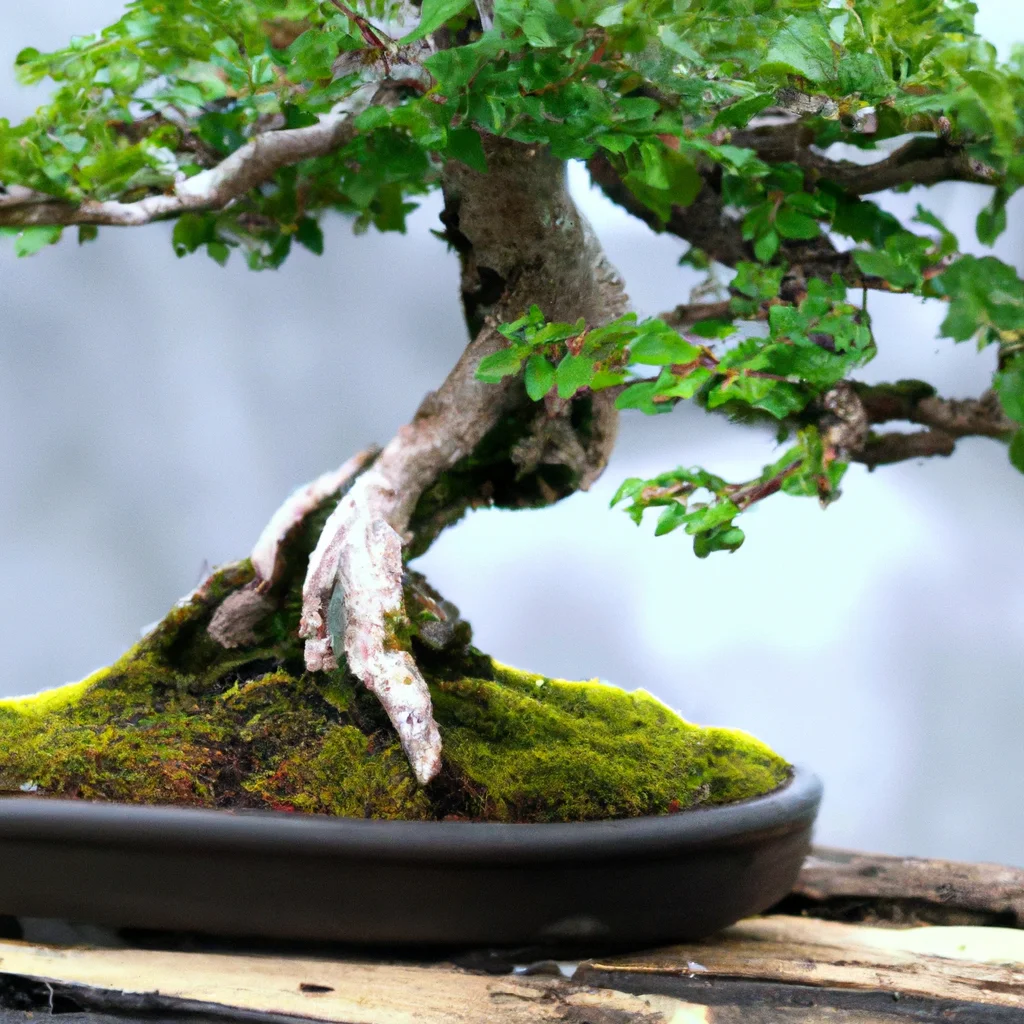What are the principles of bonsai creation?


What are the principles of bonsai creation?
Bonsai creation is an ancient Japanese art form that has been practiced for centuries. The word bonsai itself means “plant in a tray” or “tray planting,” and the principles of bonsai creation revolve around creating a miniature version of a tree in a container that represents its natural habitat. This article will delve into the principles of bonsai creation, including bonsai techniques, bonsai care, the different styles of bonsai trees, and the materials needed to create a bonsai tree.
Bonsai Principles
Bonsai creation is a combination of art and science, and the principles of bonsai creation are based on the natural growth patterns of trees. The goal of bonsai creation is to create a miniature version of a tree that looks like it has been growing in nature for years. There are several principles of bonsai creation that need to be followed in order to create a healthy and aesthetically pleasing bonsai tree.
Bonsai Techniques
There are several techniques involved in bonsai creation, including pruning, wiring, and repotting. Pruning is the process of removing excess growth from the tree to create a more balanced and aesthetically pleasing shape. Wiring is used to shape the branches of the tree, and repotting is necessary to ensure that the tree has enough space to grow and thrive.
Bonsai Care
Bonsai trees require regular care in order to remain healthy and vibrant. This includes watering, fertilizing, and pruning. Bonsai trees should be watered when the soil begins to dry out, and should be fertilized regularly with a balanced fertilizer. Pruning is necessary to maintain the shape and size of the tree, and to remove any dead or diseased branches.
Styles of Bonsai Trees
There are several different styles of bonsai trees, each with their own unique characteristics. The most common styles of bonsai trees include formal upright, informal upright, slanting, semi-cascade, and cascade. The formal upright style is characterized by a straight trunk and symmetrical branches, while the informal upright style has a more natural, asymmetrical appearance. The slanting style features a trunk that leans to one side, while the semi-cascade and cascade styles have branches that hang down over the edge of the container.
Materials Needed
Creating a bonsai tree requires several materials, including a container, soil, wire, and pruning shears. The container should be shallow and wide, with drainage holes to prevent water from accumulating in the soil. The soil should be well-draining and nutrient-rich, and wire is used to shape the branches of the tree. Pruning shears are necessary to remove excess growth and maintain the shape of the tree.
Conclusion
In conclusion, bonsai creation is a fascinating and rewarding art form that requires patience, skill, and a deep understanding of the principles of bonsai creation. Bonsai techniques, bonsai care, the different styles of bonsai trees, and the materials needed to create a bonsai tree are all important aspects of bonsai creation that need to be carefully considered in order to create a healthy and aesthetically pleasing bonsai tree. With the right tools, techniques, and care, anyone can create a beautiful and unique bonsai tree that will bring joy and tranquility to their home or garden.
Recent Posts
How do I create an engaging and informative online quiz or assessment?
Creating an engaging and informative online quiz or assessment can be a powerful tool for… Read More
What are the most effective methods for managing and reducing work-related stress in the hospitality industry?
Work-related stress is a common issue in the hospitality industry, where employees often face long… Read More
How can I improve my assertiveness and communication skills in a leadership position?
In a leadership position, assertiveness and effective communication skills are crucial for success. Being able… Read More
What are the key elements of a successful employee recognition and rewards program?
Employee recognition and rewards programs play a crucial role in motivating and engaging employees, as… Read More
How do I effectively manage and respond to customer feedback and reviews?
Customer feedback and online reviews play a crucial role in shaping a company's reputation and… Read More
What are the best strategies for effective time management as a stay-at-home parent?
Effective time management is crucial for stay-at-home parents who juggle multiple responsibilities on a daily… Read More